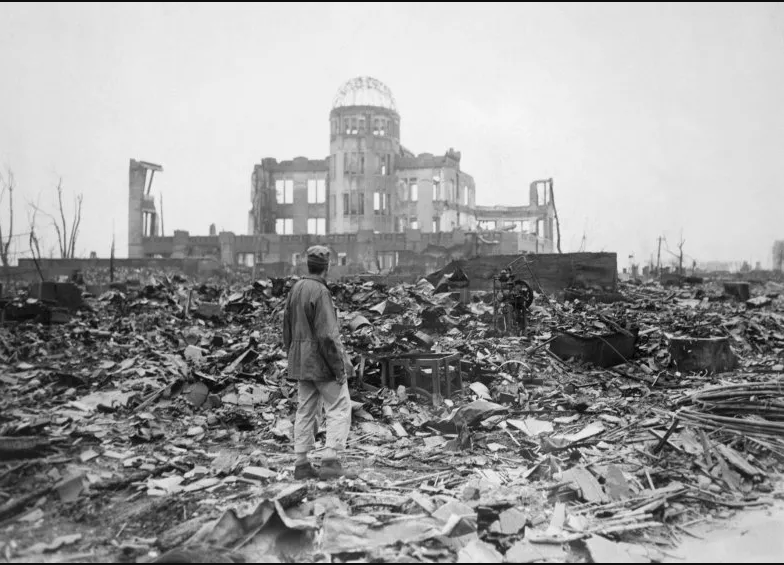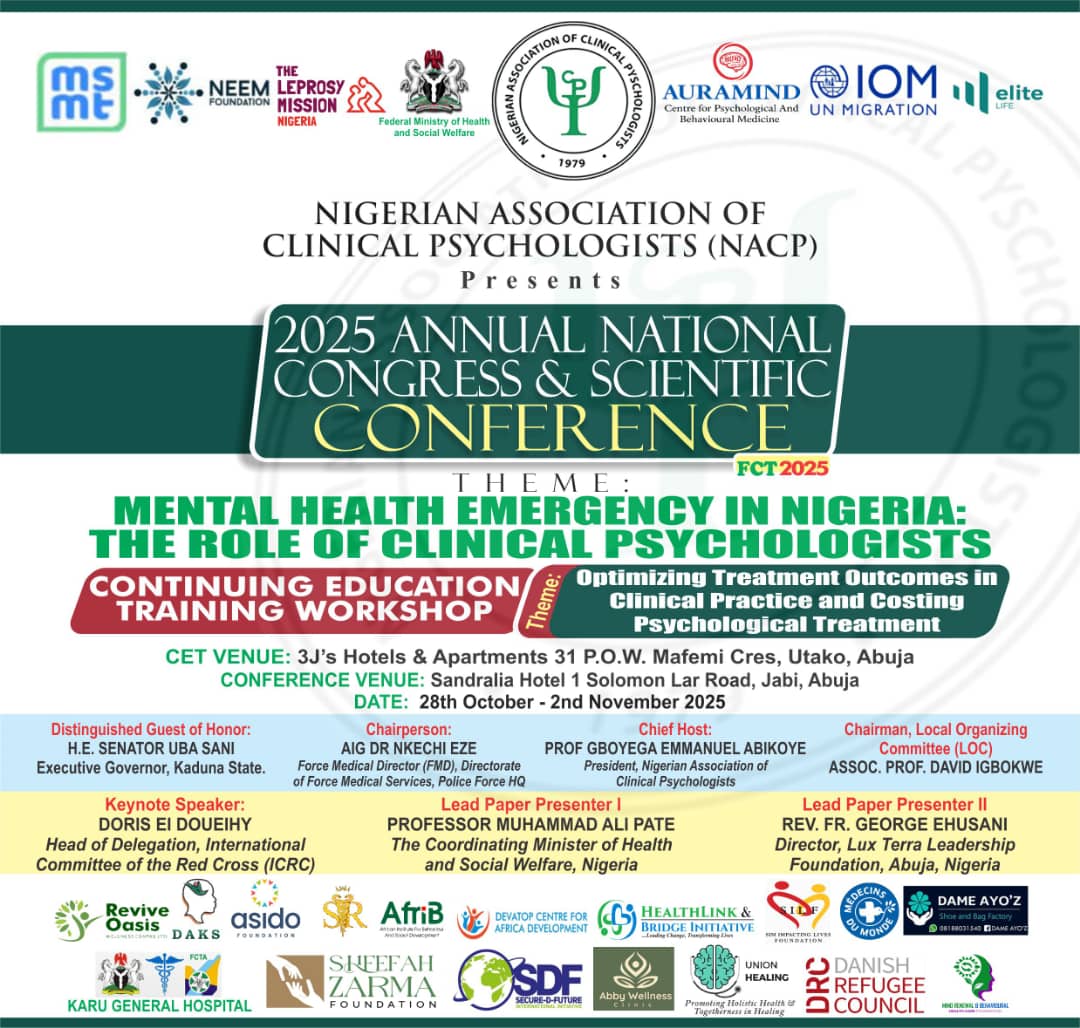
HIROSHIMA, JAPAN — Japan on Wednesday commemorated the 80th anniversary of the atomic bombing of Hiroshima, with solemn ceremonies and renewed calls from survivors for the global elimination of nuclear weapons, amid growing geopolitical tensions and renewed support for nuclear deterrence among world powers.
At exactly 8:15 a.m. local time the moment the U.S. aircraft Enola Gay dropped the atomic bomb known as “Little Boy” on August 6, 1945 a peace bell rang out across Hiroshima. Attendees, including representatives from a record 120 countries and regions, observed a minute of silence to honour the more than 140,000 people who died as a result of the bombing.
Three days later, on August 9, 1945, the U.S. dropped a second atomic bomb on Nagasaki, killing an estimated 70,000 people. The twin bombings prompted Japan’s surrender on August 15, effectively ending World War II.
This year’s memorial comes at a time of rising global concern over nuclear proliferation, with ageing survivors known as hibakusha expressing despair over what they see as fading momentum toward disarmament.
“We don’t have much time left, while we face a greater nuclear threat than ever,” Nihon Hidankyo, a Japanese grassroots survivors’ organisation and last year’s Nobel Peace Prize winner, said in a statement.
The group emphasised the difficulty in persuading nuclear-armed nations to disarm, calling it their biggest challenge. “Our biggest challenge now is to change nuclear weapons states that give us cold shoulders even just a little,” the statement read.
The ceremony in Hiroshima was attended by dignitaries from nations including Russia and Belarus both nuclear powers despite strained diplomatic relations. Their participation underscores the international resonance of Hiroshima’s legacy, even as debates intensify over the relevance of nuclear weapons in today’s global security architecture.
Many survivors continue to advocate for a nuclear-free world, frustrated by a perceived resurgence in nuclear arms support from major powers. Their appeals are made more urgent by their advancing age and the fear that their firsthand accounts may be forgotten.
Hiroshima Governor and peace advocates reiterated Japan’s longstanding commitment to nuclear disarmament, reinforcing the country’s post-war pacifist identity and its role as a global voice against atomic weapons.
As the world reflects on the devastating consequences of nuclear warfare, the voices of Hiroshima’s survivors continue to echo with clarity, conviction, and a warning that the lessons of history must not be ignored.



